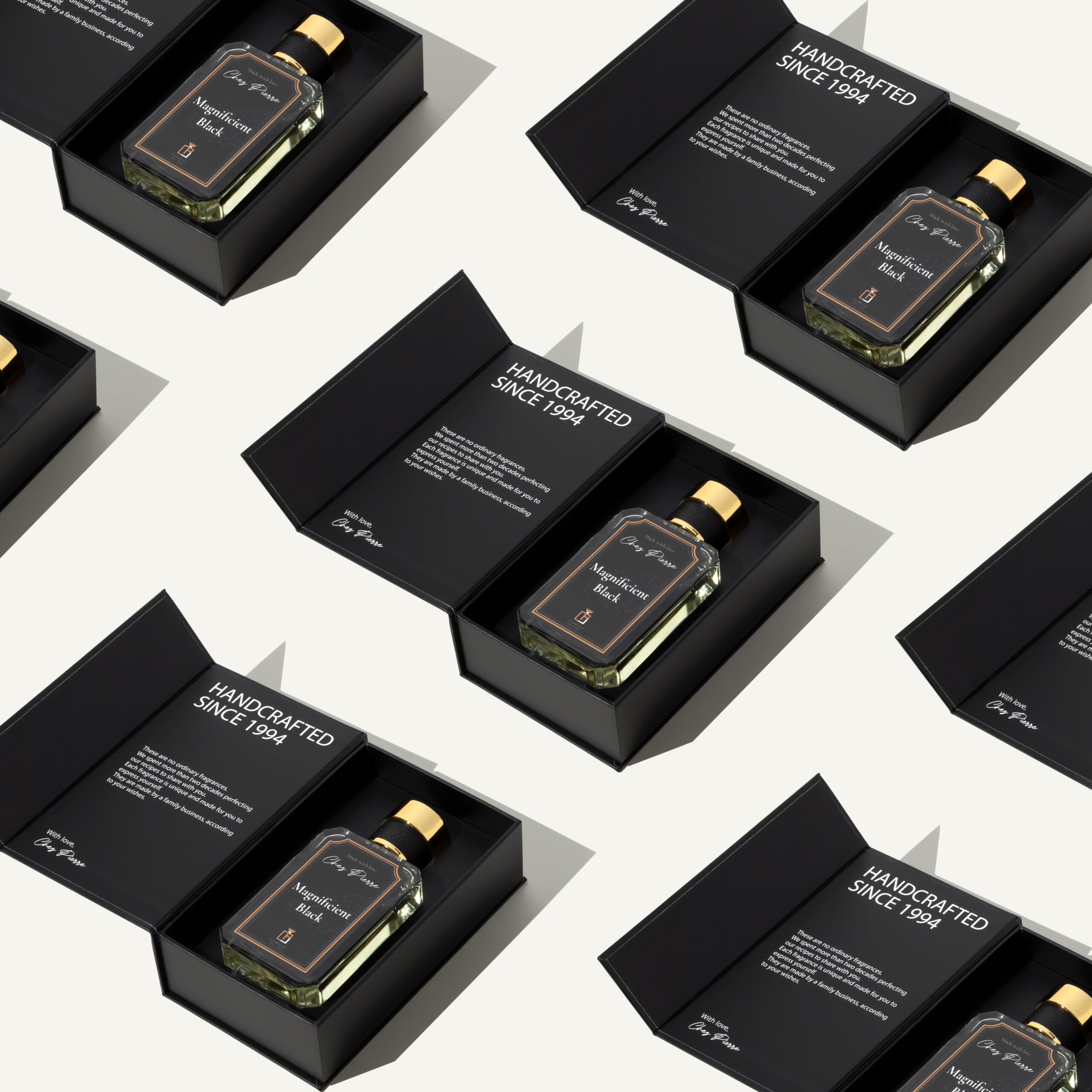
Different Perfume Concentrations
Perfume concentration is how strong your fragrance is, and it really boils down to how much perfume oil is mixed with alcohol or water. The more oil, the stronger and longer-lasting the scent will be.
So, if you go for a perfume with high concentration, you're looking at a richer smell that sticks around all day, maybe even into the next. Conversely, a perfume with a lower concentration will be lighter and wear off quicker.
Plus, the concentration affects the price—more perfume oils usually mean a pricier tag. So, choosing the right concentration can help you find the perfect fragrance for your needs, whether for a special occasion or just your daily go-to.
Understanding Fragrance Terminology
Perfume
The word "perfume" has a great origin—it comes from the Latin phrase "per fumum," which translates to "through smoke." This goes back to the old days when people created fragrances by burning incense and aromatic herbs.
These days, though, when we talk about perfume, we're referring to a liquid blend of aromatic oils and compounds that you can spray or dab on your body, clothes, or even around your living space to make things smell nice.
Concentration
In perfumery, "concentration" refers to how strong a fragrance is, which depends on the ratio of aromatic compounds, like essential oils, to alcohol or water. The more aromatic oils, the stronger and longer-lasting the scent will be. There are several types of fragrance concentrations that you might come across: Eau de Parfum, eau de toilette, eau de cologne, and eau fraiche, each containing varying amounts of aromatic oils.
Essential Oils
Essential oils are concentrated extracts from plants, capturing the very essence of their scent and flavor. They're made through processes like distillation, cold pressing, or resin tapping.
These oils are a big deal in creating perfumes because they provide the distinct smells, or fragrance notes, that make up a perfume's unique composition.
Beyond just smelling great, essential oils are also popular in aromatherapy for their therapeutic benefits, helping with everything from stress relief to boosting energy. They're used in tons of products, not just perfumes, making them versatile and valuable.
Types of Perfume Concentrations
The concentration of a perfume determines the fragrance's intensity, longevity, and sillage (the scent trail left in the air when someone walks by). Below are the different types of perfume concentrations, their characteristics, and typical uses.
Parfum (or Perfume)
- Description and Characteristics: Parfum, also known as "perfume extract" or "pure perfume," has the highest concentration of aromatic oils, typically between 20% and 40%. This high concentration results in a richer, deeper scent that is more complex.
- Typical Longevity: Because of its concentration, parfum is the longest-lasting among all the fragrance types, usually lasting anywhere from 6 to 8 hours, and sometimes even up to 24 hours.
- Occasions It Is Suited For: Due to its strong and long-lasting nature, parfum is ideal for special occasions, evening events, or situations where you want the fragrance to linger.
Eau de Parfum (EDP)
- Eau de Parfum is slightly less concentrated than Parfum, with aromatic oil content between 15% and 20%. It offers a beautiful balance of intensity and longevity, making it quite popular.
- How It Differs from Parfum: EDP is lighter and usually less expensive than parfum but still provides a lasting fragrance experience.
- Eau de Parfum is suitable for everyday wear as well as special occasions. It generally lasts about 4 to 5 hours.
Eau de Toilette (EDT)
- EDT contains 5% to 15% perfume oil dissolved in alcohol, making it one of the lighter perfume formulations.
- Its refreshing quality makes it ideal for daytime use, office settings, or warmer climates where a heavy scent could become overwhelming.
- Typically, EDT lasts about 3 to 4 hours.
Eau de Cologne (EDC)
- Originally a term used for a very light, citrus-based fragrance from Cologne, Germany, Eau de Cologne now refers to fragrances with about 2% to 4% perfume oil in alcohol and water.
- It is much lighter than other types of perfumes and is known for its brief longevity, usually lasting around 2 hours.
- EDC is perfect for a quick refreshment, a post-gym spritz, or a light scent for running errands.
Eau Fraiche
- The Lightest Type of Fragrance: Eau Fraiche is similar to Eau de Cologne but even lighter, containing just 1% to 3% perfume oil in water.
- It’s perfect for a subtle hint of fragrance, especially in high temperatures where a stronger scent might be too overpowering. It usually lasts less than an hour.
Factors Influencing the Choice of Perfume Concentration
Selecting the right perfume concentration is not only about personal scent preferences—it also involves considering various external and personal factors.
Understanding how these factors influence the choice can help you make an informed decision that enhances your fragrance experience.
Skin Type
- Oil Content: People with dry skin may find that fragrances don’t last as long on their skin due to a lack of natural oils, which help to hold the fragrance. They might prefer a higher concentration such as parfum or eau de parfum to ensure longevity.
- Sensitivity: Those with sensitive skin should consider lighter concentrations like eau de toilette or eau fraiche, which are less likely to cause irritation due to their lower oil content and higher alcohol or water content.
Climate
- Temperature: In warmer climates, perfumes tend to evaporate faster but are also perceived more strongly due to the heat increasing the diffusion of the scent molecules. Lighter concentrations like eau de cologne or eau fraiche are preferable in such settings to avoid overwhelming scents.
- Humidity: High humidity can enhance the sillage and longevity of a perfume. In humid climates, lighter fragrances can have a more profound impact, making them more suitable for everyday wear.
Occasion
- Formality of the Event: For formal events or evenings out, a higher concentration perfume such as parfum or eau de parfum is suitable as they produce a more pronounced and lasting fragrance.
- Time of Day: Lighter concentrations like eau de toilette and eau de cologne are ideal for daytime wear as they offer a fresh and subtle scent that is not overpowering.
Season
- Summer: During the hotter months, lighter fragrances are preferred as they feel refreshing and tend not to overpower as body heat amplifies the scent.
- Winter: In colder months, a higher concentration fragrance can be beneficial as the cold air tends to dampen the ability of the scent to evaporate, requiring something more powerful like a parfum or eau de parfum.
Tips for Choosing the Right Perfume Concentration
Picking the right perfume concentration can make a difference in how you smell and feel. Here’s how to choose the best concentration for your needs, along with some tips on testing and evaluating a perfume before you buy it:
Think about your day: A stronger concentration like parfum might be best if you're always on the go because it lasts longer. If you're just looking for a light scent for a casual day, something like an eau de toilette could be perfect.
Test it out: Before you buy a perfume, give it a trial run. Spray a little on your wrist and wear it for the day to see how it holds up and if it mixes well with your natural scent.
Take your time: Fragrances can change as they settle, so don’t rush your decision. See how it develops over a few hours; you might notice new layers of scent that could sway your choice.
Summary of Perfume Concentrations

How to Test and Evaluate a Perfume
- Use Tester Strips
- Apply to Your Skin
- Wait for the Dry-Down
- Visit a Store at Different Times
- Ask for Samples
- Check the Sillage
Key Takeaways About the Different Perfume Concentrations
Knowing the different perfume concentrations is a game-changer if you're keen on refining your scent collection. Each type, from the rich parfum to the lighter eau fraiche, brings something unique in terms of how long it lasts, how far it travels (that’s the sillage), and how intense it smells.
Knowing these details can help you pick a fragrance that fits well with your lifestyle, surroundings, and taste—ensuring your scent is just right and not too overpowering.
Experimenting is the best way to nail down your signature fragrance. Since perfumes can react differently with everyone’s skin, the same scent might smell different on two people.
It’s a good idea to try out various concentrations and see how they change throughout the day. This way, you can see what really works for you and find that perfect match for your scent wardrobe.
Ready to discover your signature scent?
Chez Pierre Perfumes is where you can get samples online. You can order these and test out different concentrations and scents right from the comfort of your home.
Exploring your options is a great way to pinpoint the perfect perfume for you.
- Price Beyond Fragrance: Demystifying the Factors Behind Luxury Perfume Costs
- Explore The Best Niche Fragrance Houses and Perfumes You Must Try
- Why is Creed Cologne So Expensive? [Facts]
- Best Le Labo Santal 33 Dupes - Find Out Why Chez Pierre's Avenue 330 Is Your Next Obsession
- Portable Bottle
- Fragrance Booster
- You and Me
- Magnificent
Latest Story
Private: Najbolji Ženski Parfemi za 2025: Trendovi, Sezone, Prilike i Saveti Kako do Magične Projekcije
Miris je mnogo više od parfema – to je emocija, uspomena i lični pečat koji ostavljate gde god da krenete. U 2025. godini, svet ženskih parfema spaja tradiciju i inovaciju, donoseći kompozicije koje osvajaju srca i slave vašu jedinstvenost. Od sezonskih mirisa koji prate promene prirode, do večnih klasika koji odolevaju vremenu, svaka kap […]
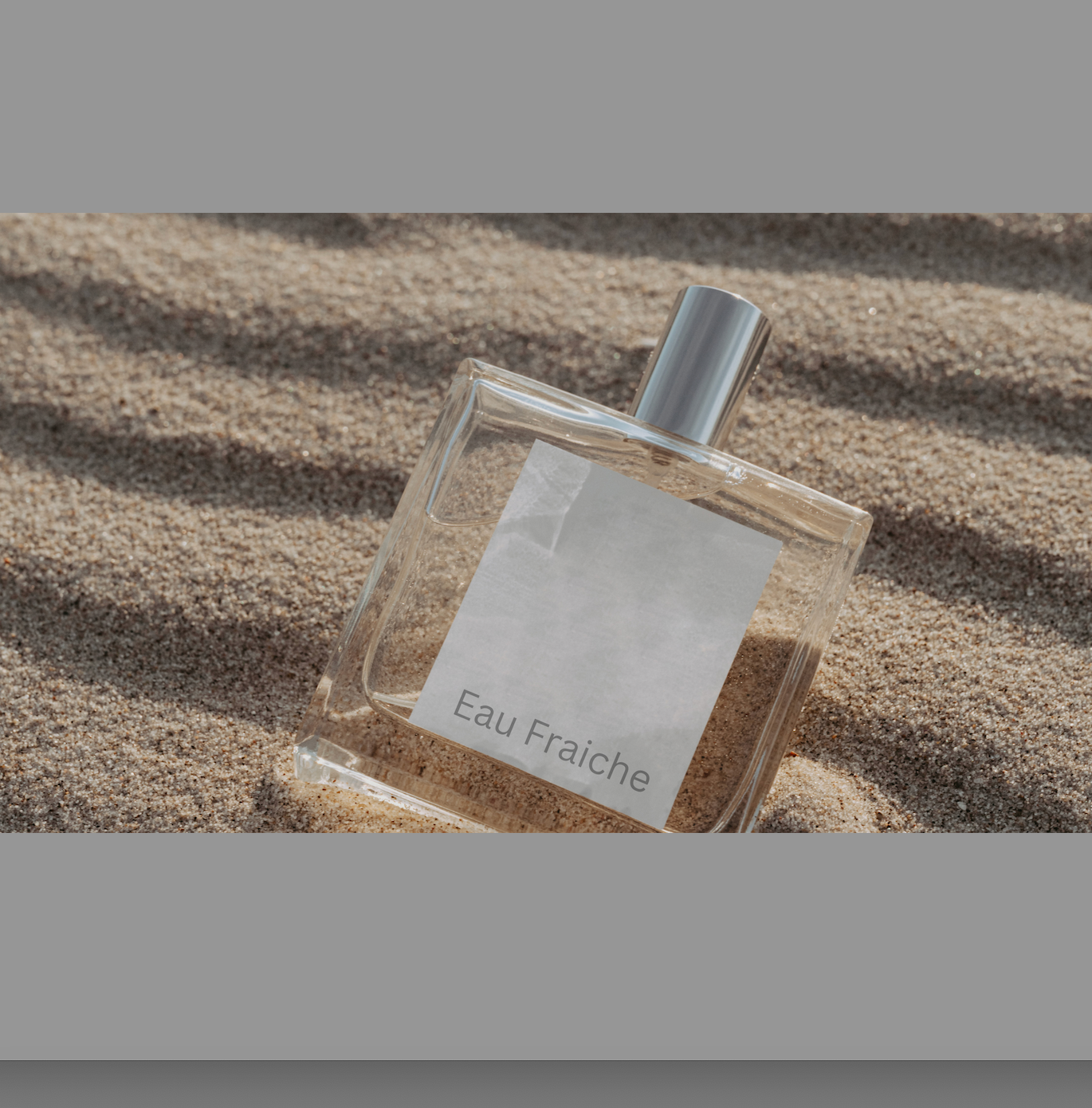
Luxury within Reach: The Eau Fraiche Effect in the Cologne Cosmos
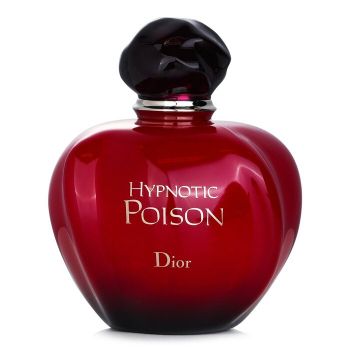
Best Dior Hypnotic Poison Perfume Dupes - Let Chez Pierre's Coconut Dream Be Your Seductive Touch
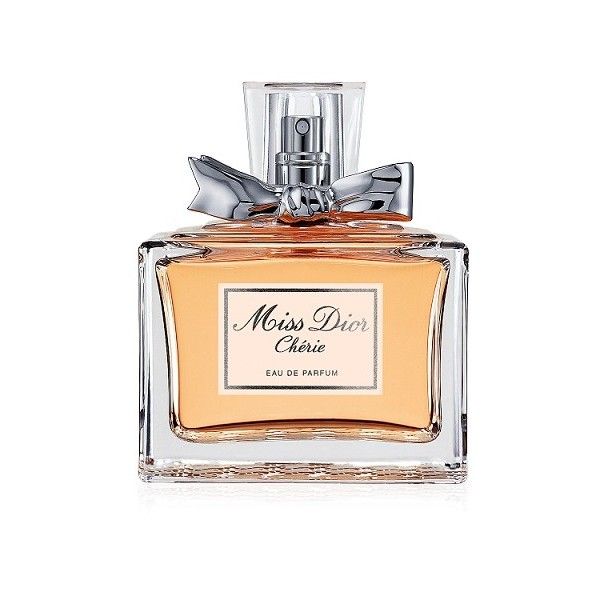
Best Miss Dior Cherie Dupes - Let Chez Pierre's Madam Cherry Unleash Your Unique Way Of Seduction
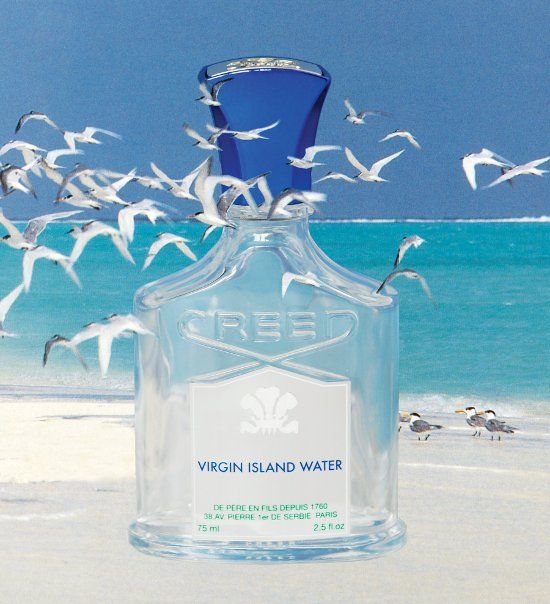
Best Creed Virgin Island Water Clones For Luxury Touch - Let Chez Pierre's Feels Like Summer Be Your Luxury Daydream
